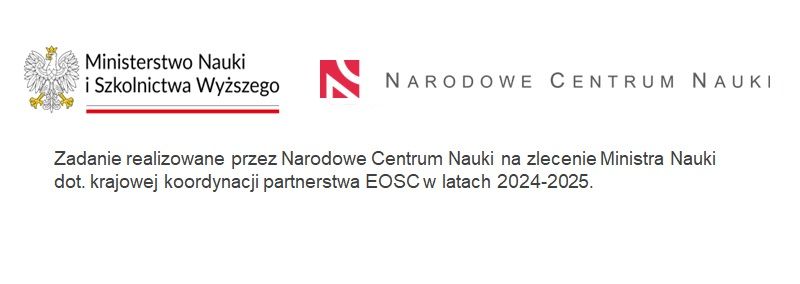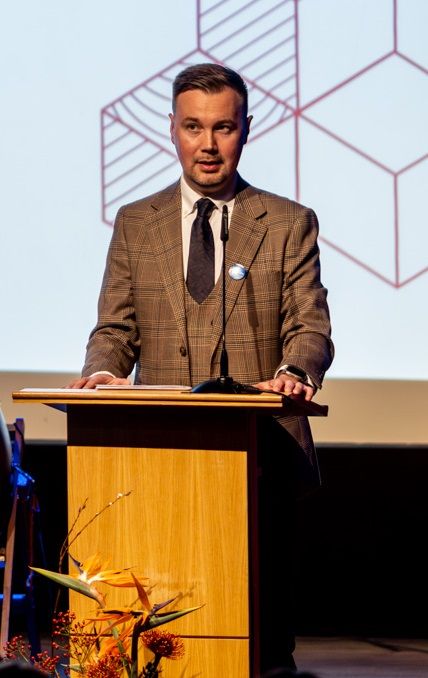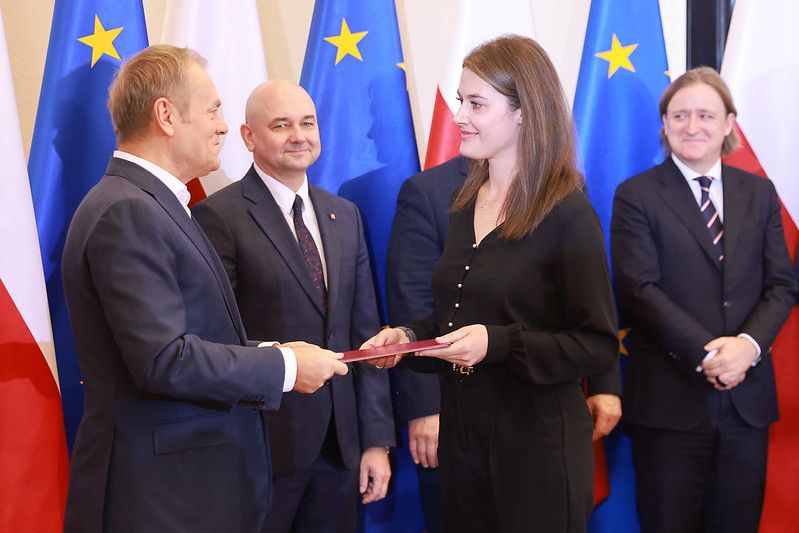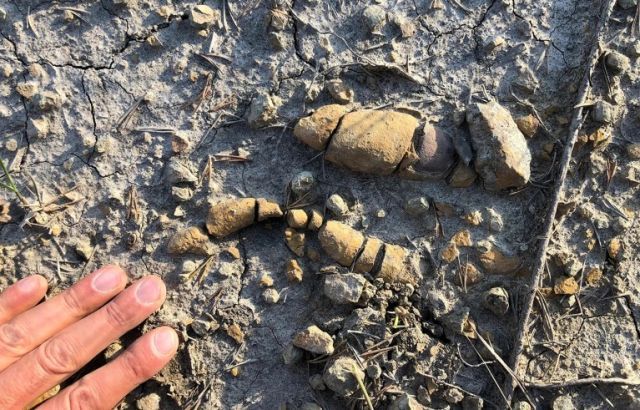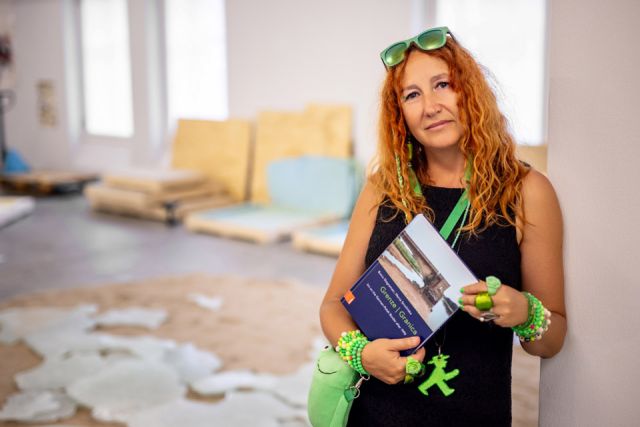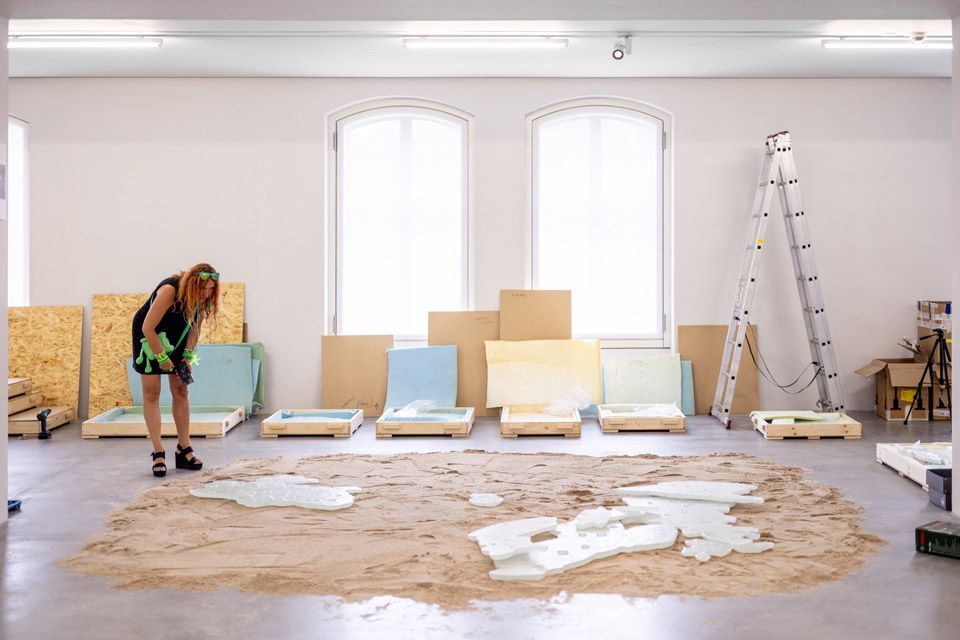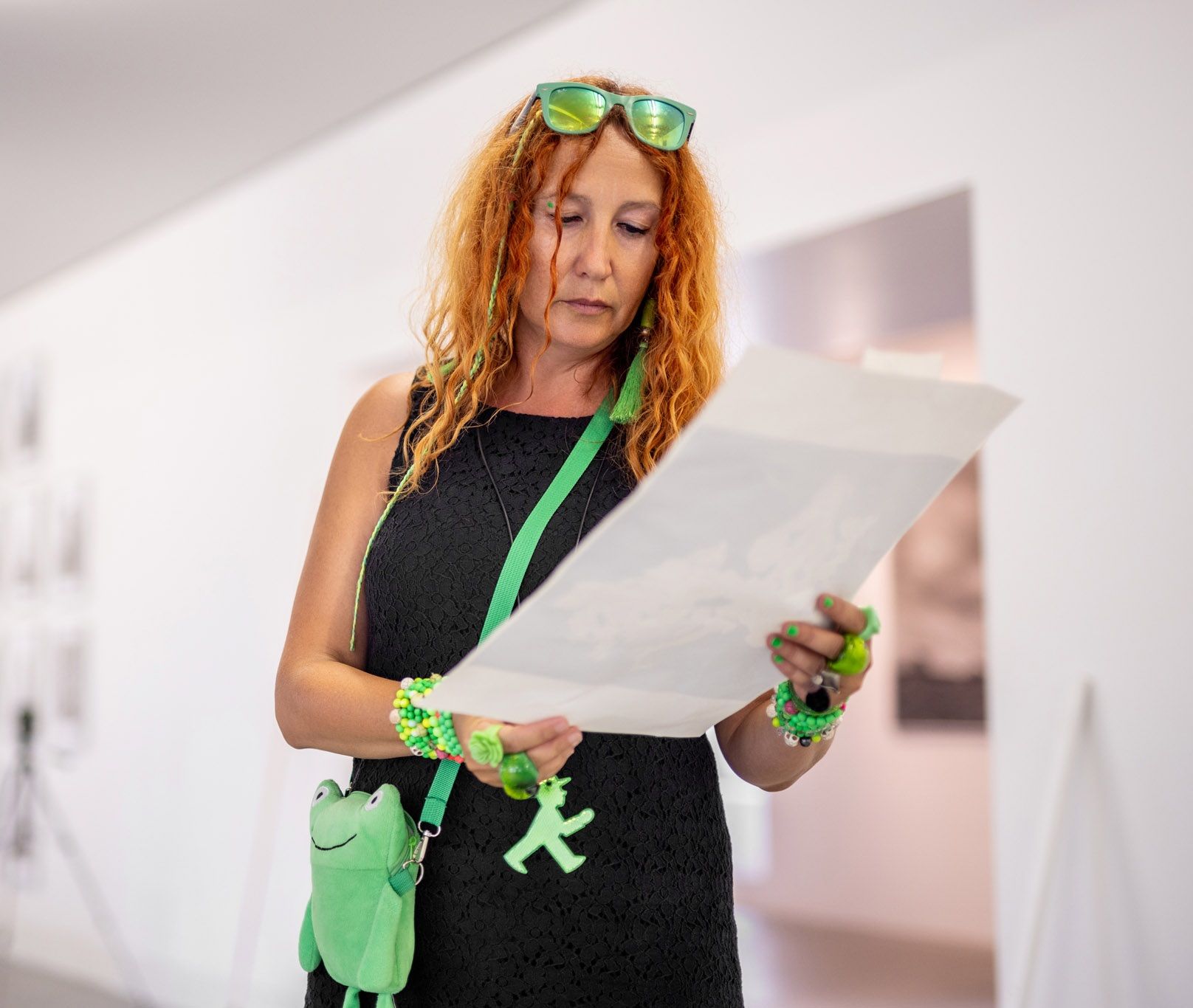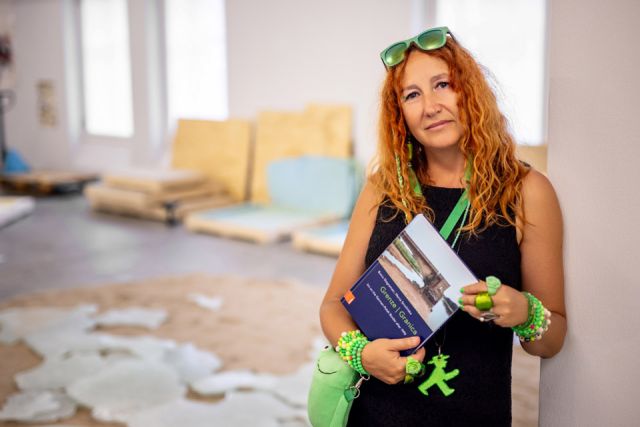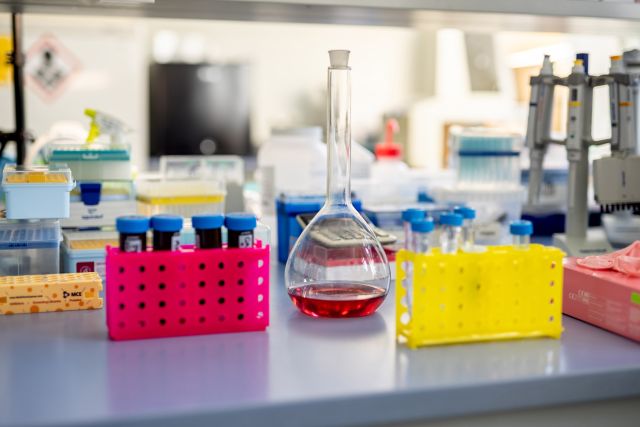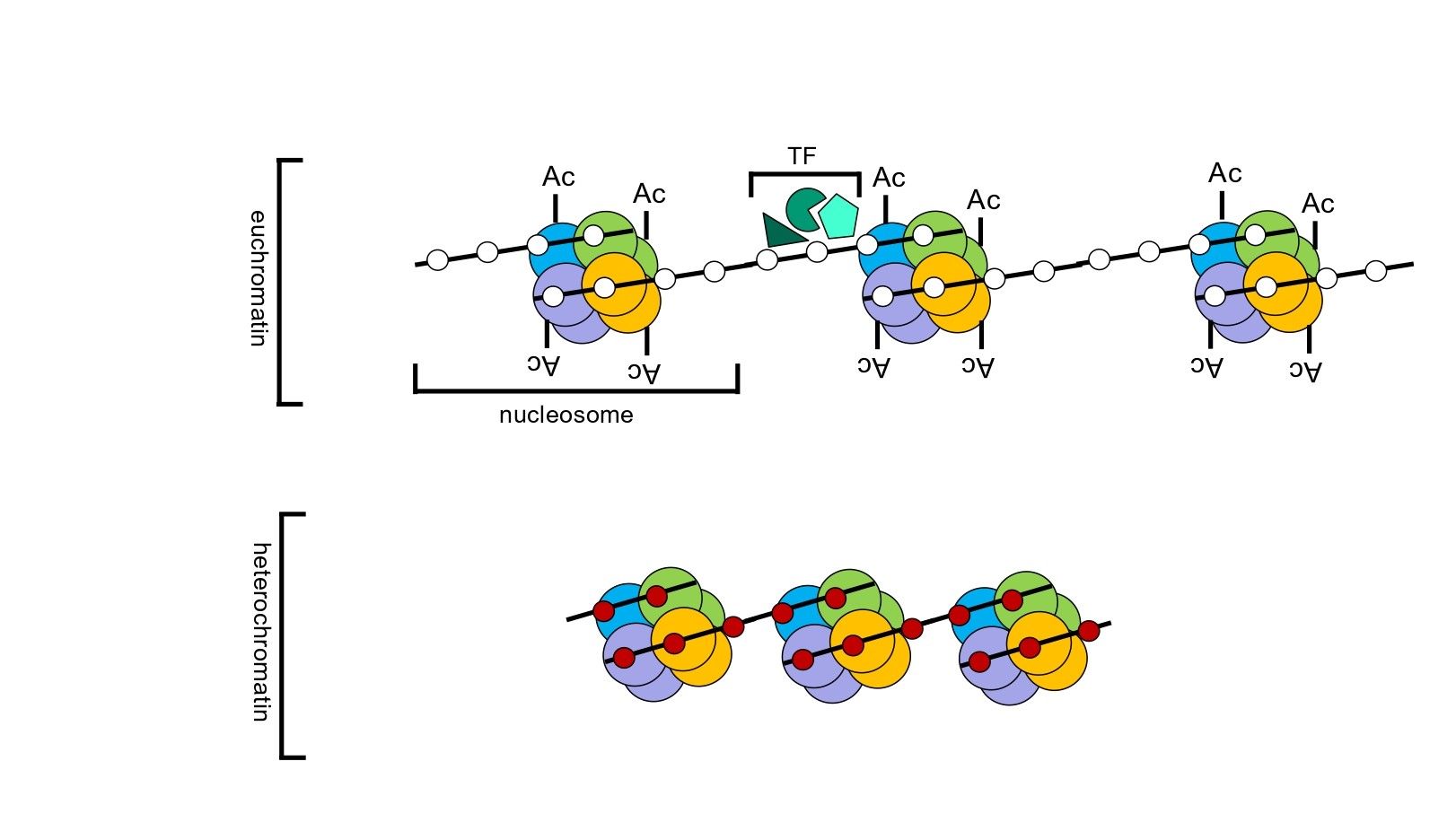Join us in free MOOCs on research data management
Join us in the second edition of the free MOOCs on research data management. The first edition attracted great interest, with more than 5,000 participants.
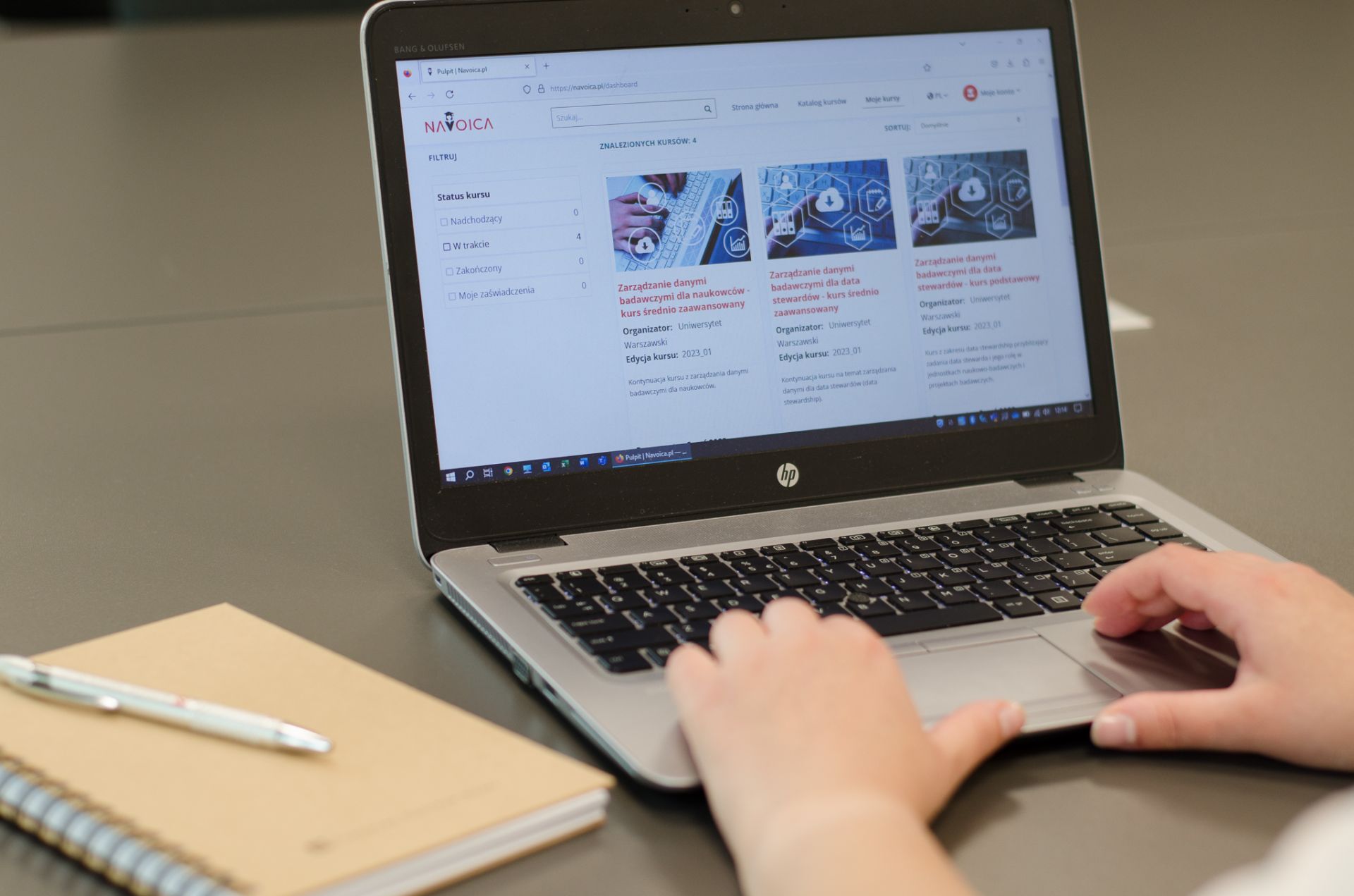 The aim of the courses is to support researchers involved in research projects in acquiring new skills or deepening their knowledge of various aspects of open research data management: legal conditions, data storage and sharing, tools facilitating these processes, terminology related to open science, ethical issues, planning and organisation of management-related activities and requirements imposed on researchers by funding bodies.
The aim of the courses is to support researchers involved in research projects in acquiring new skills or deepening their knowledge of various aspects of open research data management: legal conditions, data storage and sharing, tools facilitating these processes, terminology related to open science, ethical issues, planning and organisation of management-related activities and requirements imposed on researchers by funding bodies.
Benefits of participation
- Free access – no fees for participation or for obtaining a certificate;
- Flexibility – self-paced learning, at a convenient time;
- Professional development – invaluable for researchers working with research data and those planning to act as Data Stewards;
- Support in writing grant proposals – knowledge directly applicable to projects funded with public resources;
- Certification of acquired skills;
- Easy access – all you need is a computer with Internet access and registration on the NAVOICA platform.
Available courses:
Two course tracks have been prepared: one aimed at those who plan to take on data steward duties or intend to broaden their competences, and the other aimed at researchers at all stages of their academic careers. The courses are open to everyone, regardless of whether they have a university affiliation.
Courses for researchers:
The aim of the course is to provide participants with basic knowledge on Research Data Management and to develop skills and competences useful for conducting research projects. The course covers issues related to, among others, the requirements of institutions conducting and funding research, good practices and the principles adopted by research communities. Each module of the course combines theoretical and practical aspects, facilitating the application of the knowledge gained in the design and implementation of an effective research data management strategy.
The intermediate level of the course builds on the topics covered in the beginner level course and introduces new subjects related to the evaluation of research quality, citation of research data, its place in the scholarly communication system and data management in various types of projects.
Courses for Data Stewards:
Course participants will become familiar with the tasks and role of a Data Steward in research data management and in supporting researchers during research projects. The range of topics covered is similar to those in the course aimed at researchers, but the content has been tailored to the specific challenges faced by Data Stewards.
The intermediate level of the Data Stewardship course builds on the topics covered in the beginner level course and introduces new subjects, including research data citation, data quality control, communication of data management standards and the design of training for different target audiences.
Deadlines:
- Start date: 02 December 2024
- End date: 30 September 2025
- Enrolment: open from 2 December 2024 until the end of August 2025
How to join?
Use the links below:
Research Data Management for Data Stewards – Beginner Level
Research Data Management for Data Stewards – Intermediate Level
Research Data Management for Researchers – Beginner Level
Research Data Management for Researchers – Intermediate Level
The first edition of the research data management courses was created by ICM UW [Interdisciplinary Centre for Mathematical and Computational Modelling, University of Warsaw] staff on behalf of the NCN. The update was implemented by the NCN Open Science Team.
For more information on the EOSC, visit the EOSC in Poland and the EOSC EU Node.
